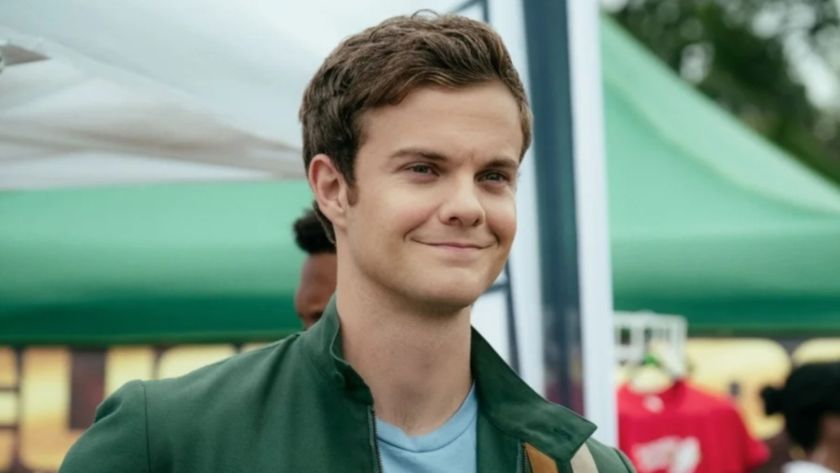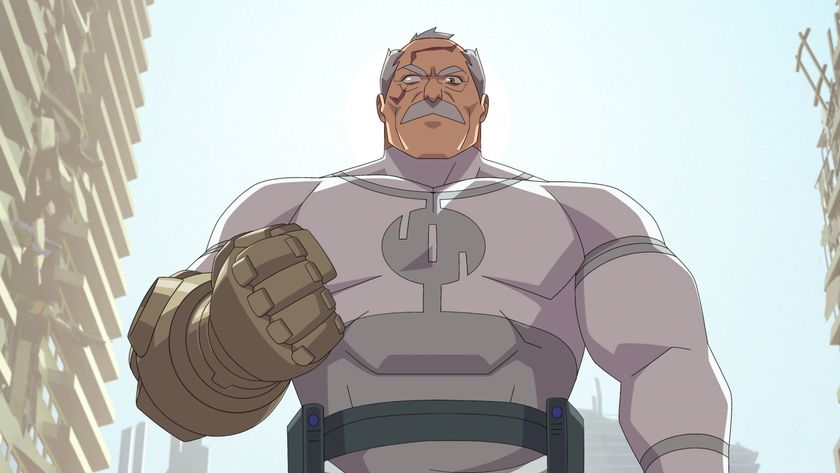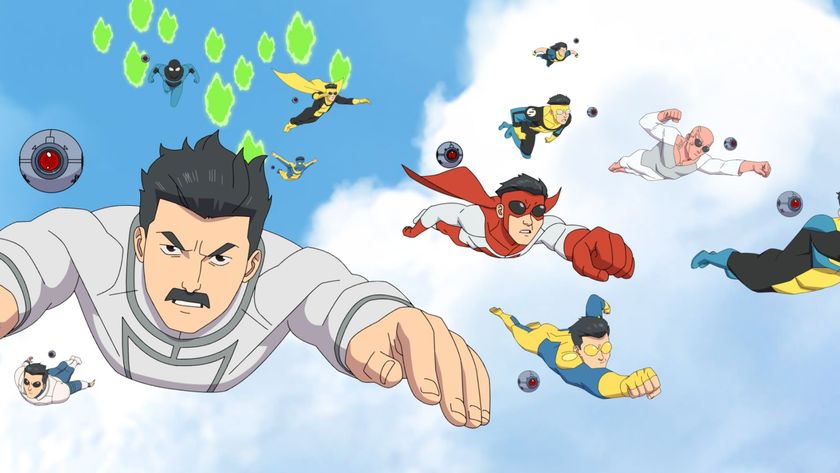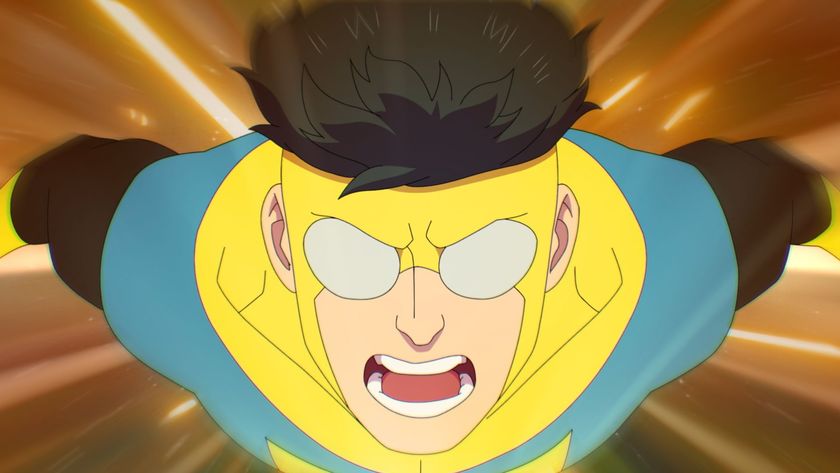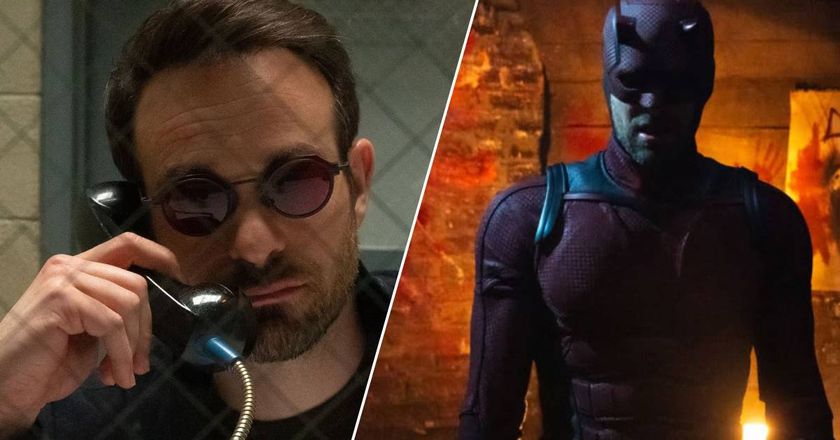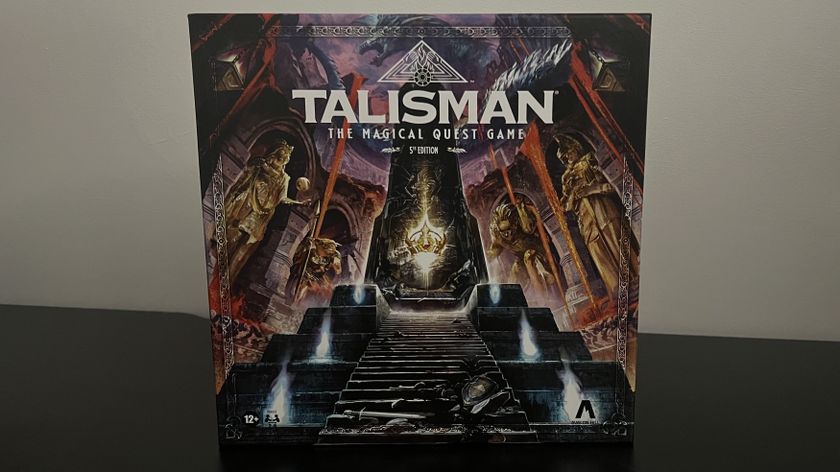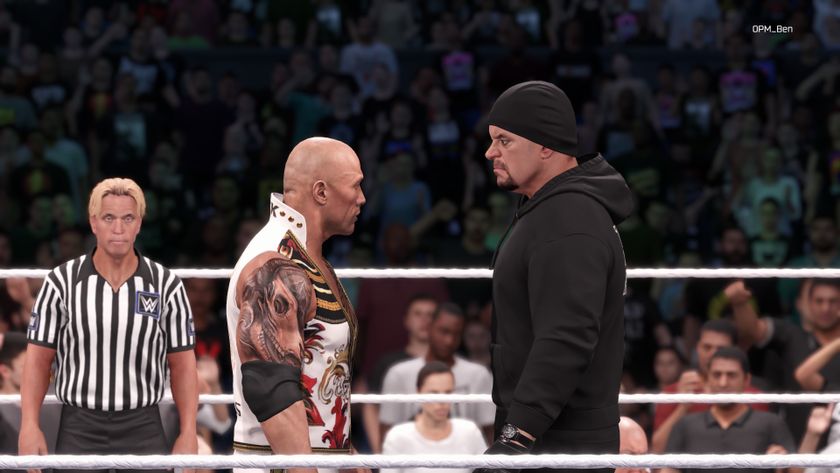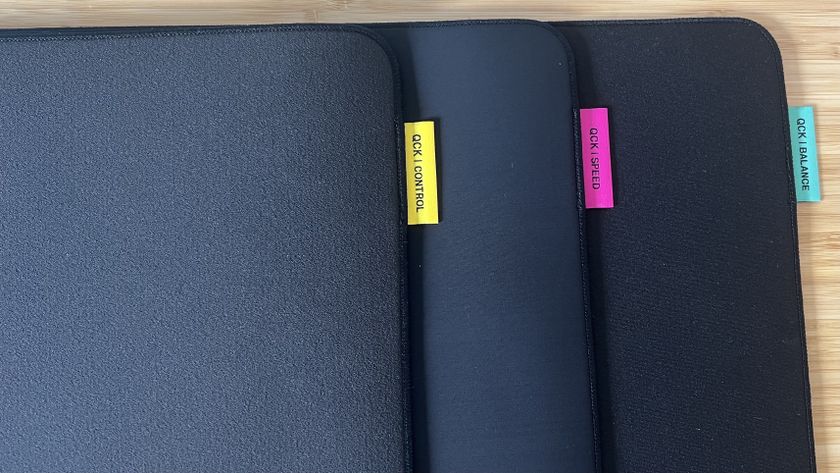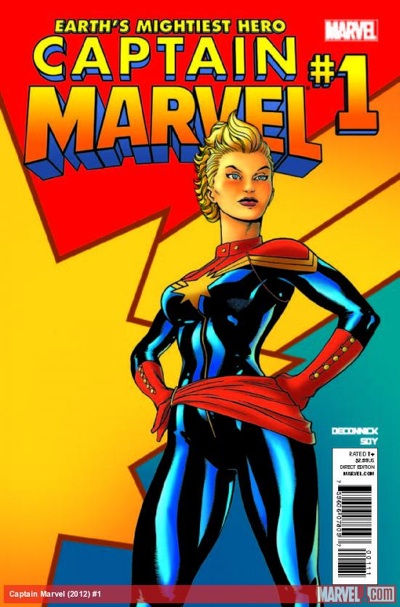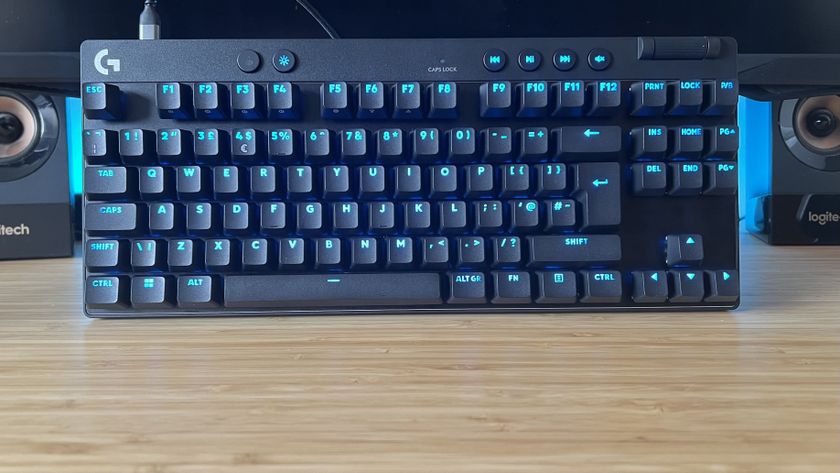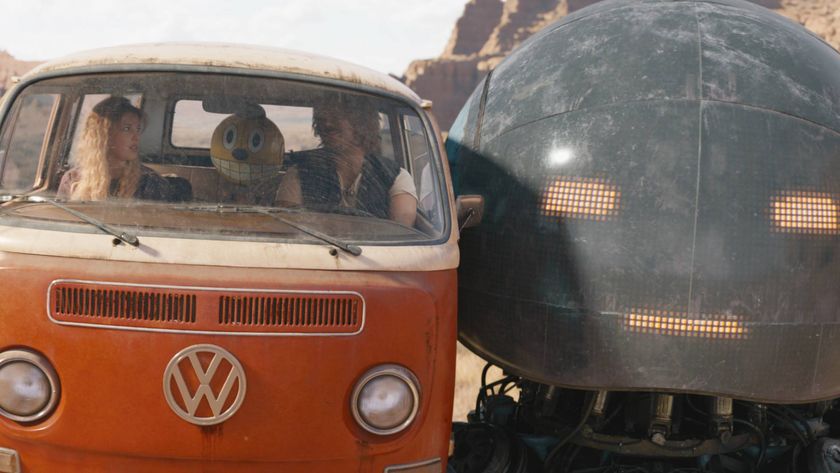Why you can trust 12DOVE
Captain Marvel #1
Carol Danvers is an Avenger and a well-respected one at that, a woman who has stood next to, and on occasion gone toe-to-toe with, the most powerful superheroes on Earth. Carol Danvers is a pilot, a woman defined by her love of flight, of speed, of pushing the envelope. Carol Danvers is a soldier, a former USAF colonel who’s led people into battle and back out again. Carol Danvers is Ms Marvel and she has no idea whether that’s enough anymore.
This is how the Captain Marvel reboot, written by Kelly Sue DeConnick with art by Dexter Soy, begins. It carefully sidesteps the neverending morass of the AvX crossover and instead focuses on Carol herself as she realises that the mantle she’s been handed, that of Captain Marvel, isn’t just one she wants, it’s one she deserves.
There’s some nicely-handled character beats in the first half of the issue that reflect this, with Carol and Captain America fighting the Absorbing Man, and it’s fascinating to see how DeConnick and Soy work together to show how Carol’s mood changes. She’s alert, commanding and calm during the fight and instantly becomes a little slumped, a little unsure after it. This is a woman who isn’t sure what she wants and hates having to figure it out. This isn’t a problem she can punch or out race, but it is a problem she needs to confront and DeConnick does an amazing job of getting inside the mindset of not just a solider, but a pilot. Carol’s used to being the best of the best, but she’s not used to feeling like she should be recognised for that and that tipping point, the moment balanced between ego and assertiveness, is where the script, and the character, live.
The second half of the issue builds on this, as we see Carol in two very different environments. The first is looking after her room mate, Tracy Burke, an older woman recovering from cancer. Which, written down, sounds like the worst sort of kitchen sink pseudo-realism doesn’t it? In reality, this is one of the best scenes in the book as we see Carol relaxed and playful, gently messing with her friend at the same time as making it very clear that she’s safe and being looked after. DeConnick writes Carol Danvers as a fighter, a woman who will leap into action the moment she works out who to protect. In this scene, that’s obvious and as a result Carol is peaceful, almost serene and brimming with the confidence that she lacks in earlier scenes.
This in turn leads into the book’s final scenes, dealing with the death of Carol’s role model, a female pilot called Helen Cobb who was one of the Mercury 13 , the private program designed to assess whether women could be astronauts. The project is real, fascinating and well worth a read, although Helen herself is fictional. We meet Helen in flashback, as she in turn meets a younger Carol and again DeConnick and Soy do wonders with posture and speech pattern to show how the character has changed. This Carol Danvers is quieter, less confident in how she appears but utterly convinced of her own abilities and her conversation with Helen is filled with banter, good-natured confrontation and growing amazement that someone else is just like her. All this is interspersed with Carol’s decision to take the name, her actions at Helen’s funeral and a voiceover which implies Helen might be a lot more than a silent presence in the book. It’s a character-heavy first issue, which some readers have already had problems with, but it works brilliantly and establishes Carol as a very different, and very likeable, character.
This is the best first issue I’ve read from Marvel in a very long time. Soy’s art shows a real sense of posture and style whilst DeConnick’s script is character driven, idea heavy and imbues Carol with the strong, individualistic voice she deserves. This is the best new superhero book this year, it deserves to succeed and if you’re even a little interested in the character, or in desperate need of a breather from AvX , this is for you.

Dave is a TV and film journalist who specializes in the science fiction and fantasy genres. He's written books about film posters and post-apocalypses, alongside writing for SFX Magazine for many years.
